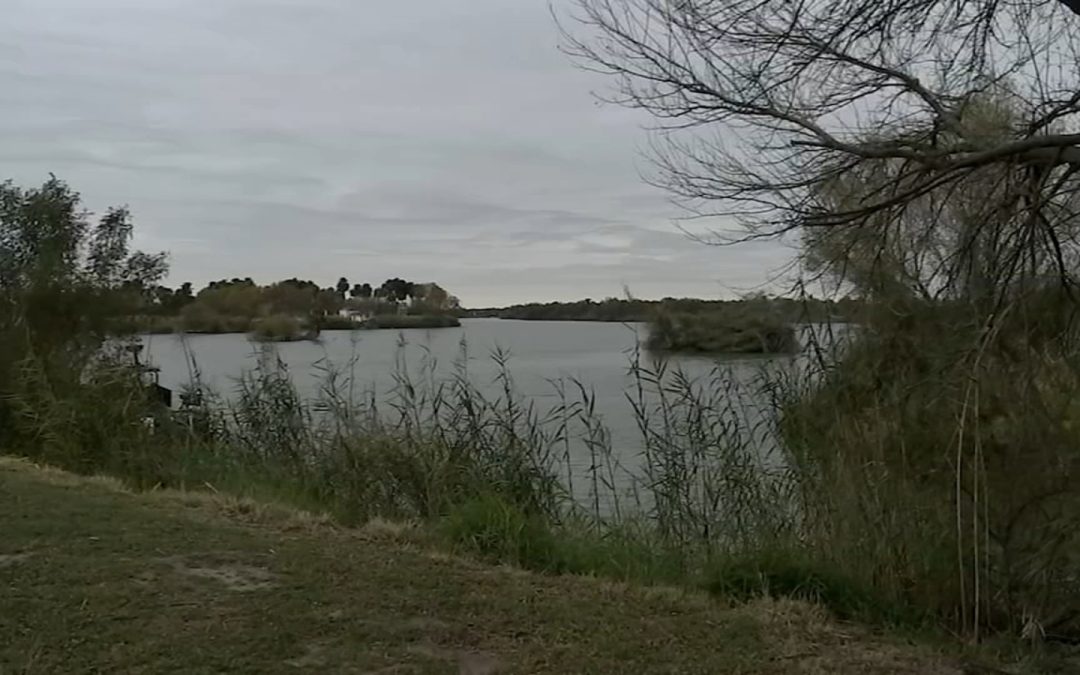The U.S. Supreme Court recently ruled that Texas Senate Bill 4, which grants authority to state and local law enforcement to act as immigration agents, can go into effect for now. This decision comes as the legality of the law is still being debated in the Fifth Circuit Court of Appeals.
The ruling has sparked differing reactions from various stakeholders. The White House views it as causing chaos and confusion at the southern border, while Texas Governor Greg Abbott sees it as a positive development. Supporters of the law argue that it is not about demanding ‘papers,’ but rather about taking action against illegal crossings observed by law enforcement.
However, opponents of SB 4, like Democratic State Representative Armando Walle, argue that it represents an unconstitutional attack on democracy and could lead to the implementation of patchwork immigration laws in different states. They believe it sends a negative message, particularly to U.S. citizens of color in Texas.
The Texas Department of Public Safety has stated its intention to enforce the law between ports of entry along the border. It remains to be seen whether law enforcement agencies away from the border will also attempt to enforce it. The Supreme Court’s decision to allow the law to take effect for now does not indicate how it may eventually rule on the matter.
Constitutional law expert Josh Blackman suggests that while the current ruling may be viewed as a victory for Texas, it could be temporary, and the final outcome is still uncertain. The case is expected to continue developing, with the possibility of a different conclusion when it returns to the courts later.
As the debate surrounding SB 4 continues, individuals can stay updated on the latest developments by following reporters like Tom Abrahams on social media platforms such as Facebook, Twitter, and Instagram.
In conclusion, the implementation of Texas Senate Bill 4 is a contentious issue that has garnered attention from both supporters and opponents. The Supreme Court’s decision to allow the law to take effect for now sets the stage for further legal battles and discussions on immigration policy in the state.
